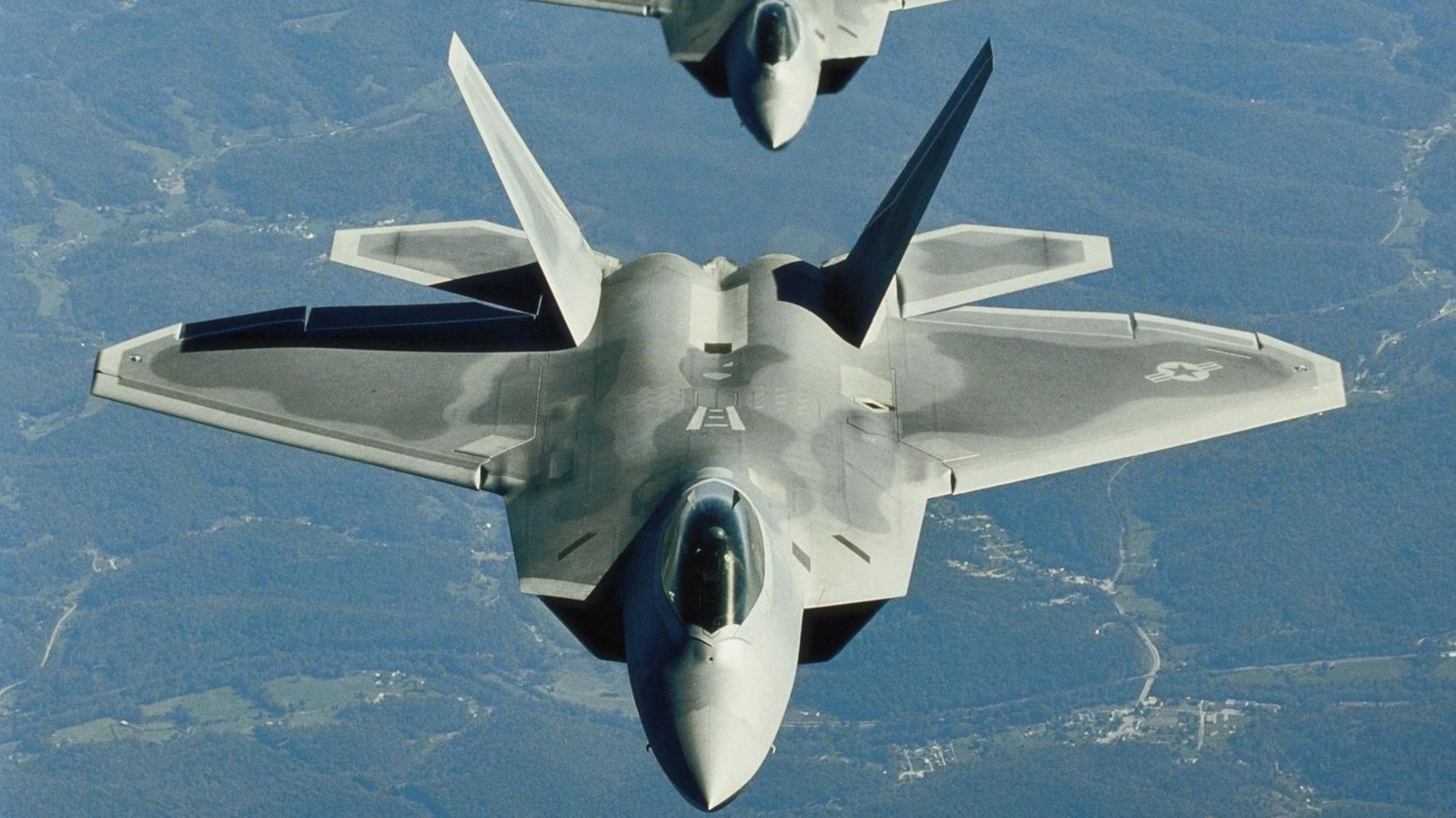War will drive a decade of arms restocking, says firm

- Published
Rising global conflict means countries will spend the next 10 years restocking arms, the boss of one of the UK’s largest weapons manufacturers has said.
Chemring, which describes itself as a key supplier to Nato, said countries are reacting to the wars in Gaza and Ukraine as well as “an increasingly assertive China”.
The firm wants sales, which are already hovering around record levels, to quadruple to nearly ВЈ1bn by 2030.
“The increase in geo-political tensions around the world is driving a fundamental rearmament upcycle which is expected to last for at least the next decade,” said Chemring chief executive Michael Ord.
The company builds aerospace, defence and security technology for nations all over the world. It also develops parts for space travel and “electronic warfare” products.
The firm made its forecast as it reported results for the six months to 30 April which showed that sales jumped by 8% to ВЈ223.4m.
However, pre-tax profits sank by nearly a third to ВЈ15.2m, which the company said was because of bad weather at one of its sites in Tennessee as well as costs related to its pension scheme.
Commenting on the current environment, Chemring said that European allies — both Nato and non-Nato members — are increasing defence spending to replenish their own stocks after providing assistance to Ukraine, which is entering the third year of war with Russia.
It also pointed to a recent announcement by Prime Minister Rishi Sunak to increase defence spending to 2.5% of gross domestic product (GDP) by the end of the decade.
Labour leader Sir Keir Starmer has also committed to lifting spending to 2.5% of GDP if the party wins the general election, without setting a deadline.
- Published3 June
- Published15 May
- Published10 July
According to the latest government figures, total UK defence exports surged 70% to £11.2bn from 2021 to 2022 “primarily to new contracts to the Middle East and Europe”.
Some political parties and campaigners have raised concerns about the role of UK defence companies in overseas conflicts.
The SNP, the Liberal Democrats and protest groups are calling on the UK to stop selling arms to Israel.
Lord Cameron, the Foreign Secretary, said last month a ban would only strengthen Hamas, adding the UK supplies just 1% of Israel's weapons.
Ministers have said that all applications for a licence to export military equipment and related items are assessed against a set of criteria, including the “risk that the items might be used to commit or facilitate internal repression”.